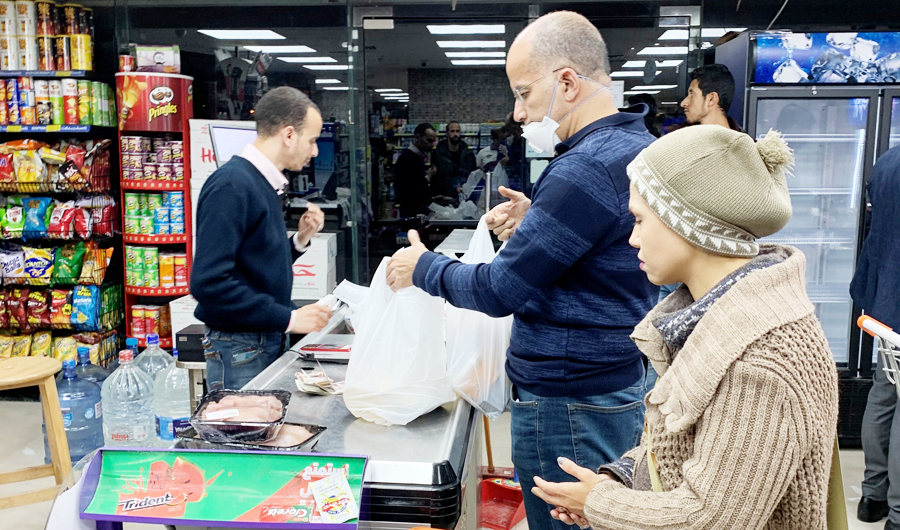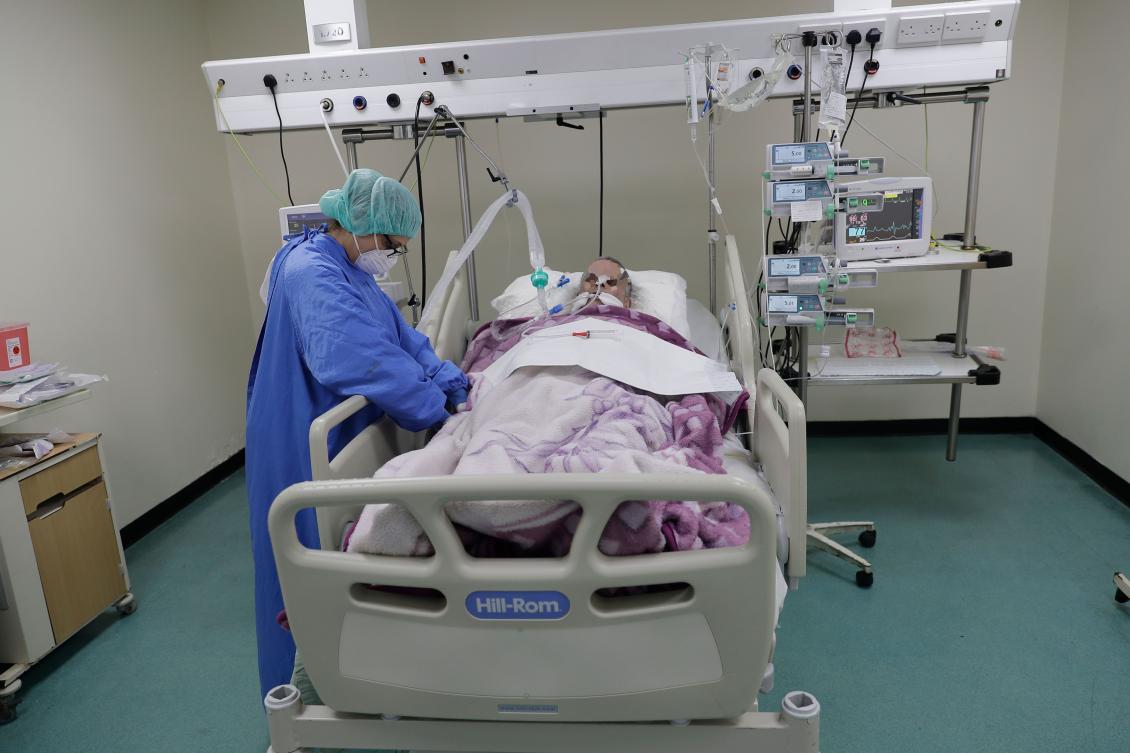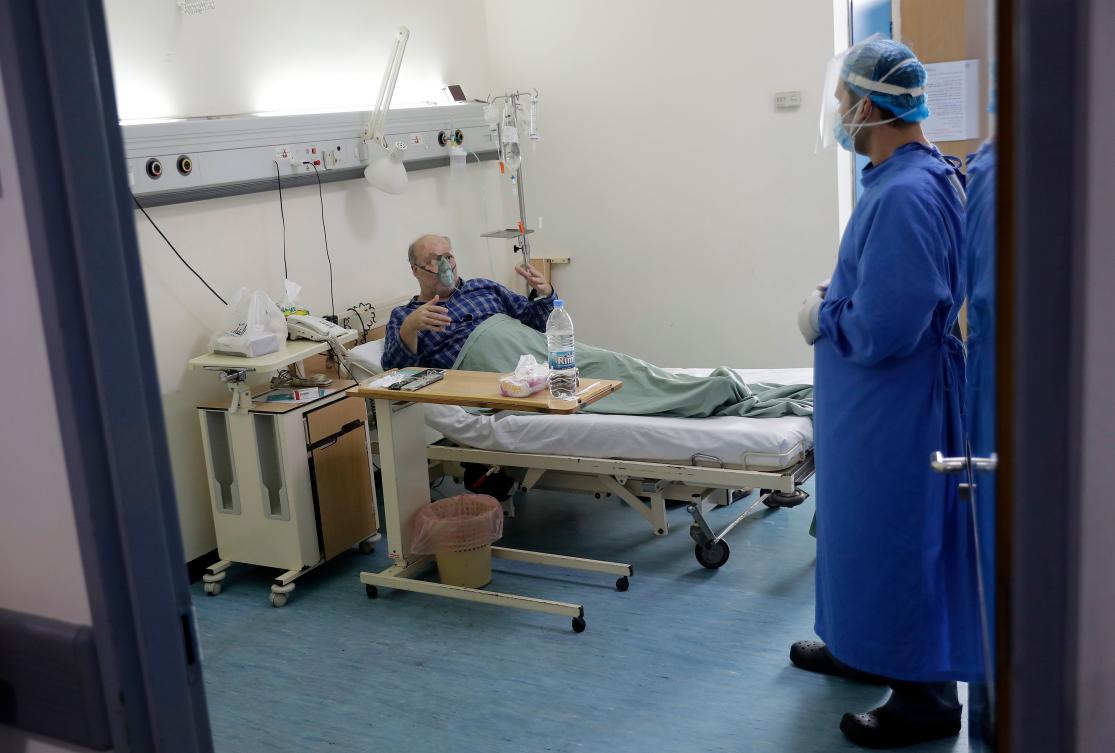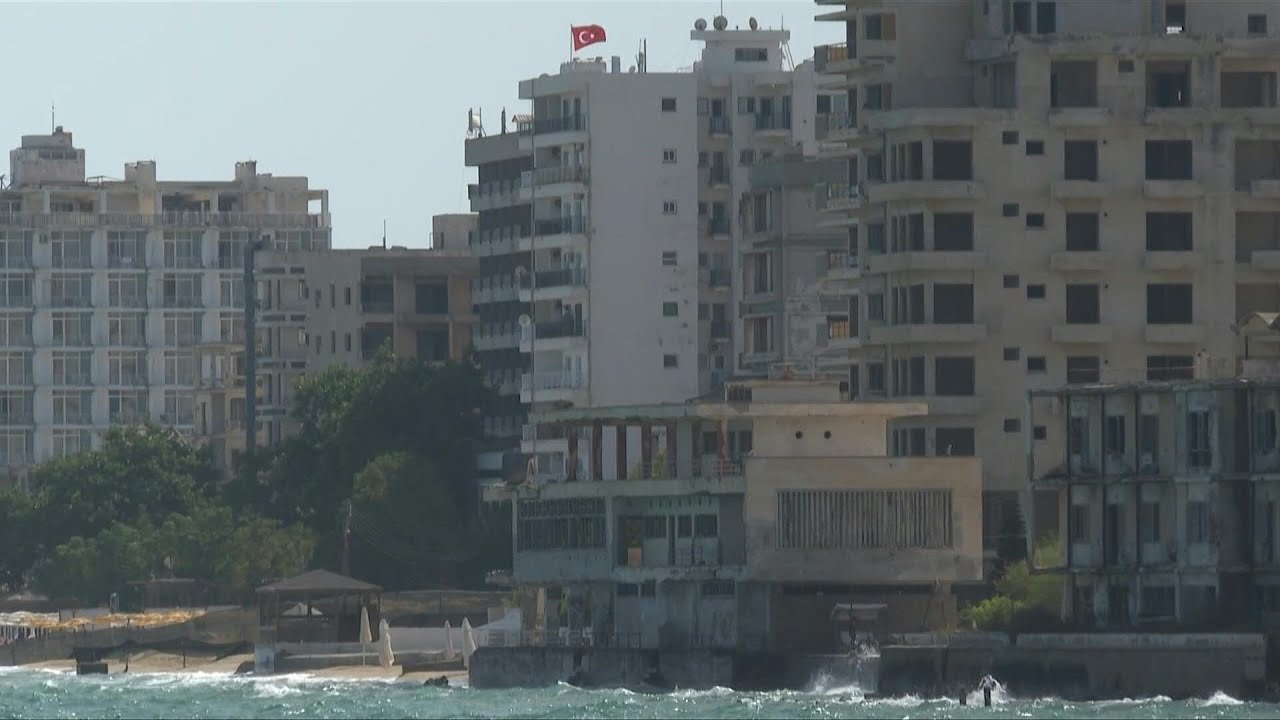Jordan confronts tribal shooting tradition
AMMAN: The Kingdom of Jordan is looking for ways to eliminate the celebratory tribal practice of shooting firearms in the air following several high-profile incidents.
The national debate on the issue came to a head on Wednesday after groups of people celebrated the victory of local leaders in the country’s 19th parliamentary elections.
Celebrations kicked off as the country faced the first day of a total lockdown, which was issued after a spike in coronavirus cases, hospitalizations and deaths.
The celebrations, which were filmed and distributed on social media, were met with widespread condemnation by the public, many of which who endured the lockdown at home.
King Abdullah, using his official Twitter account, labeled the actions a “clear violation of the law and an act against the health and safety of society.” He added that the “law should be applied to all without exception.”
The royal comment produced quick results, with the country’s Minister of Interior resigning and Jordanian security forces completing a massive campaign to collect unlicensed weapons.
Police chief Hussein Hawatmeh told Jordan’s Al-Mamlaka TV that 18 parliamentary candidates and 324 citizens were arrested with weapons. He said 29 weapons were confiscated and 478 vehicles were being searched for.
Jordan’s police say that no records are kept of victims who die from stray bullets in mass celebrations. Al-Mamlaka TV estimated that from 2013 to 2018, between 1,500 and 1,869 people died in such incidents, while the injury rate was far higher.
Bashir Daaja, former Jordanian police spokesman and security expert, told Arab News that the act of celebratory shooting is part of a tribal tradition.
“This act has been inherited from previous generations and was started when communities had to personally protect themselves and therefore owned weapons. On happy occasions they would shoot in the air, allowing tribal leaders to exhibit their firepower.”
HIGHLIGHT
Celebratory tribal practice of shooting firearms were met with widespread condemnation by the public, many of which who endured the lockdown at home.
Daaja said there is no longer a need for local communities to protect themselves in the presence of a strong government.
Mamoun Abu Nowar, a retired Jordanian Air Force general, told Arab News that there is no need for the “exaggerated situation” where “so many people own all kinds of weapons and use them in this way.”
Abu Nowar called for the country to make a decisive choice between tribal and civil society. “We can’t have a civil country and tribalism at the same time.”
Social scientist Hussein Al-Khazalleh told Arab News that celebratory gunfire is a cultural issue, but that issue stems from deeper tribal concerns.
“People had come from desert life and they needed to protect themselves from outsiders,” he said. Weapons were handed down and became part of societal pride, Al-Khazalleh added.
“The weapons are now used to remind the central government of their political presence and their importance. They are saying ‘we are here and you must remember us.’”
Al-Khazalleh said the rise in unemployment and the absence of economic development has led young people back to tribal life. “They feel that the tribe can provide a safety net more than the government can.”
Marwan Muasher, former Jordanian deputy prime minister, told Arab News that he does not believe the issue stems from a tribal problem.
“We make a mistake by saying that this is a case of tribal society. After 100 years since the establishment of Jordan, the citizens have a right to demand the rule of law without discrimination.”
Jordanian government sources have said that more than 1 million unlicensed weapons are kept by people mostly outside Jordan’s major cities.
One of the problems facing regulators are the country’s lax weapon laws.
Bashir Daaja, a former police spokesman, said the the possession of an unlicensed weapon is only a misdemeanor. “That means the punishment is the confiscation of the weapon and a 25 Jordanian dinar ($35) fine.”
Daaja said regulators should make the possession of unlicensed firearms a felony, which is subject to three years’ imprisonment.

Jordan stresses importance of stabilizing Nagorno-Karabakh ceasefire Jordan’s interior minister resigns after outcry over breaches in COVID-19 lockdown





